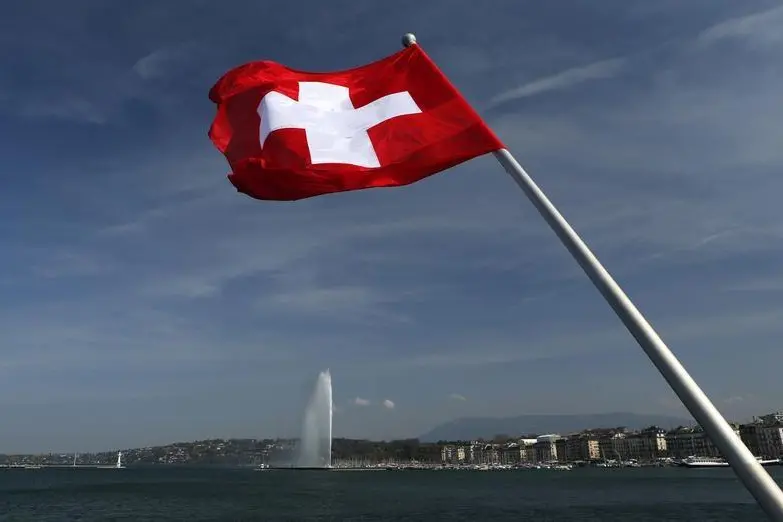PHOTO
ZURICH - The recent spike in Swiss inflation has not warranted an interest rate rise, Swiss National Bank Chairman Thomas Jordan said on Friday, departing from other central banks which have begun their own hikes to tackle spiralling price rises.
Sweden's central bank on Thursday became the latest to raise its interest rate, following hikes by the U.S. Federal Reserve and the Bank of England.
But while Swiss inflation has risen to its highest level in years - reaching 2.4% in March and above the SNB's price stability goal of 0-2% - the central bank is relaxed about the current situation.
"Why did we not simply raise our policy rate? Two reasons have spoken against such a measure to date," Jordan said in comments prepared for the SNB's shareholder meeting.
"First, inflationary pressure is moderate here in Switzerland. Second, inflation is likely to return to the range compatible with price stability in the foreseeable future."
SNB forecasts indicate that Swiss inflation would average 2.1% this year before declining in 2023 and 2024. So far there were no signs of energy and raw material inflation feeding into more expensive goods and services, Jordan said.
"The monetary conditions are therefore appropriate at present," Jordan said. "However, should there be signs of a strengthening and spread in inflationary pressure, we will not hesitate to take the necessary measures."
Although the franc has recently surged to its highest level in seven years against the euro, price rises abroad meant there had been "hardly any change in the real exchange rate" over the past few quarters, Jordan said.
"We do not react mechanically to every instance of upward pressure," he added. "If you have followed the Swiss franc closely over the past months, you will know that it has gradually appreciated and has at times even fallen below parity to the euro."
The SNB had "quite deliberately" allowed the appreciation, Jordan said, as inflation outside Switzerland was significantly higher.
"This means that our economy can withstand the franc being stronger in nominal terms," Jordan said. "The higher prices abroad and the nominally stronger Swiss franc roughly balance one another out."
(Reporting by John Revill; Editing by Michael Shields)





















